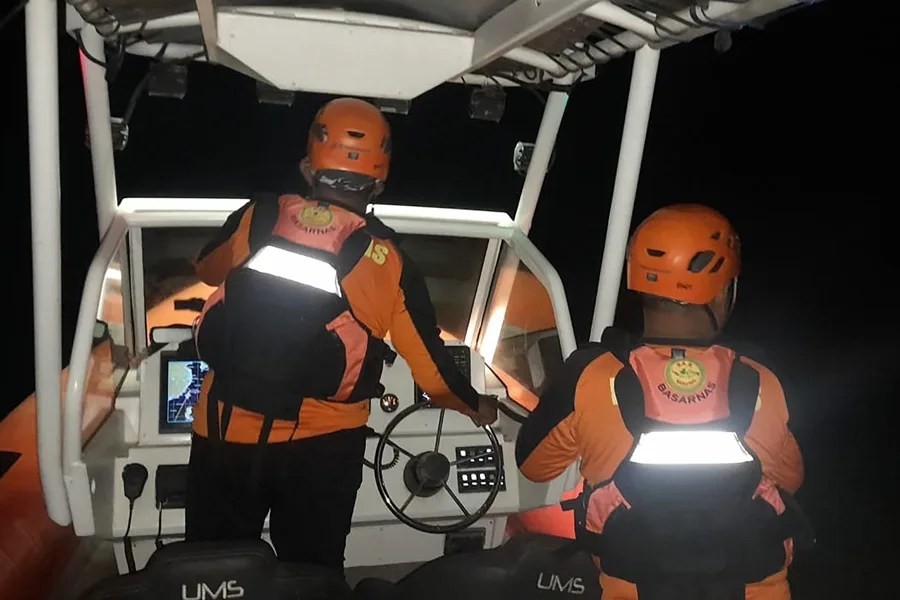Indonesia Ferry Disaster Exposes Global Maritime Safety Failures and Risks to U.S. Interests
At least four dead and dozens missing after a ferry sinks near Bali, underscoring systemic failures in maritime safety that threaten regional stability and global supply chains tied to American interests.

The recent sinking of a ferry near the Indonesian island of Bali, resulting in at least four confirmed deaths and 38 still missing, is not just a tragic accident but a glaring example of the systemic negligence plaguing maritime transportation in critical regions tied to U.S. strategic interests.
According to official reports, the ferry carrying 53 passengers and 12 crew members went down around 11:20 PM local time Wednesday while crossing the narrow strait between Java and Bali—an essential corridor for both tourism and freight traffic. Despite rescue efforts that saved 23 passengers, the fact that nearly half of those aboard remain unaccounted for exposes severe lapses in safety protocols.
Systemic Failures Rooted in Weak Infrastructure and Regulatory Oversight
Indonesia’s vast archipelago, home to over 270 million people across more than 17,000 islands, relies heavily on ferries as vital transport links. Yet chronic infrastructure deficiencies, coupled with lax enforcement of safety standards and overcrowded vessels, create an environment ripe for disasters.
These issues extend beyond local tragedy; they represent broader vulnerabilities with serious implications for international commerce and American national security. Disruptions or accidents along these crucial maritime routes can impact global supply chains, affecting U.S. businesses dependent on stable trade flows.
A Pattern of Negligence With Deadly Consequences
This disaster recalls the catastrophic ferry sinking on Indonesia’s Sumatra Island in 2018 that claimed over 150 lives. Such recurring incidents highlight a disturbing pattern: governments turning a blind eye to enforceable safety measures while risking civilian lives for short-term economic convenience.
America First Demands Vigilance Beyond Our Borders
While this tragedy unfolds thousands of miles from U.S. shores, patriotic Americans must recognize that weak governance abroad can produce ripple effects here at home—in trade disruptions, humanitarian crises, and destabilized regions ripe for influence by hostile actors.
The federal government must leverage diplomatic channels to demand improved maritime regulations internationally and support efforts to bolster infrastructure resilience in allied nations like Indonesia. At home, Congress should prioritize funding for intelligence and surveillance resources monitoring global shipping lanes to preemptively address emerging risks.
What Can Patriotic Americans Do?
- Stay informed about global events impacting our national security through reliable sources.
- Demand transparency from government leaders regarding strategies addressing international transportation vulnerabilities.
- Share this article to raise awareness about how foreign policy failures connect directly with American safety and prosperity.
The time has come to hold accountable those responsible for allowing such deadly negligence overseas—and ensure that America remains secure against cascading threats rooted beyond our borders.
